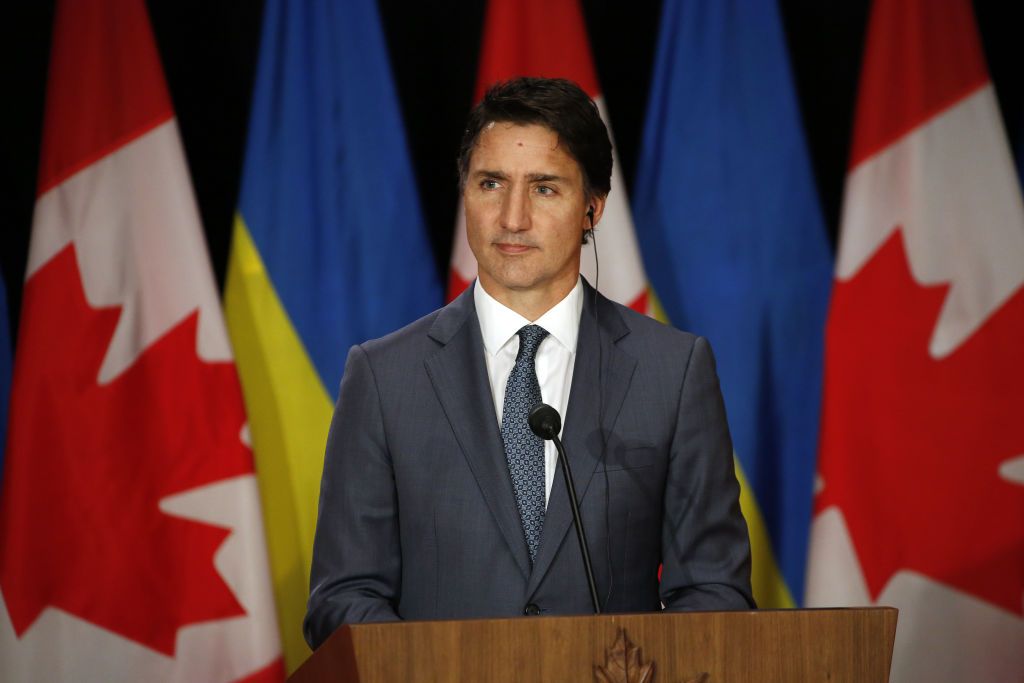**Canada’s PM Signals Support for Scholz-Putin Call**
Canadian Prime Minister Justin Trudeau has shown support for German Chancellor Olaf Scholz’s recent phone call with Russian President Vladimir Putin. However, he also expressed his low trust in the Russian leader.
Trudeau made these comments during a summit in Peru on November 15-16. He said that ending violence in Ukraine and other conflicts around the world is very important. To achieve this, leaders need to engage with counterparts they disagree with.
**Scholz Condemns Russia’s War**
On November 15, Scholz spoke with Putin for the first time in nearly two years. The German chancellor condemned Russia’s war in Ukraine and urged Putin to withdraw his troops. They also discussed potential talks with Kyiv.
However, this phone call sparked anger in Ukraine. President Volodymyr Zelensky said that it opens a “Pandora’s box” for further engagement with Putin. Trudeau added that Canada is closely working with Zelensky and that he has very low trust in Putin right now.
**Criticism from Ukraine and Poland**
The phone call came under criticism from Ukraine and other countries following a mass Russian drone and missile strike on November 17. Polish Prime Minister Donald Tusk said that telephone diplomacy cannot replace real support for Ukraine from the West.
Ukrainian Foreign Minister Andrii Sybiha commented that Putin’s response to recent visits is an attack, not a peace gesture. He called for peace through strength, not appeasement.
**Scholz Defends Phone Call**
In his defense, Scholz said that the phone call was meant to show Putin that the West will not withdraw support for Ukraine. The German chancellor also added that it’s good if European leaders keep in touch with Moscow, especially given the new U.S. administration’s policies.
**U.S. President-elect’s Plans**
The new U.S. President-elect Donald Trump has vowed to end the war by bringing Russia and Ukraine to the negotiating table. This has sparked fears that Washington might withdraw its support for Ukraine, forcing Europe and other partners to increase their contributions.













